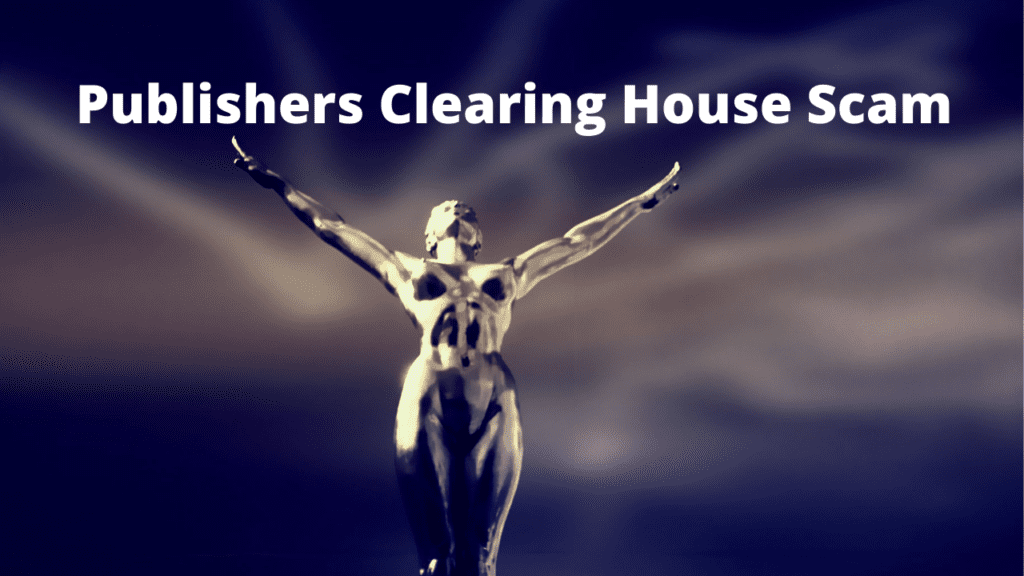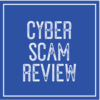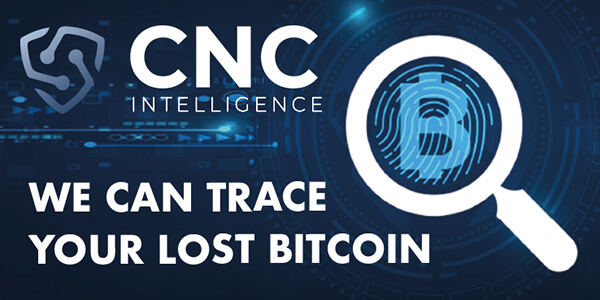Nowadays, the number of fraudulent activities online is skyrocketing, and crooks are always employing names of reputable brands and characters to trick their victims. Publishers Clearing House is a legitimate organization that does viral promotions and giveaways.
However, several fake pages are making phishing attempts using their name, which is why the keyword “scam” is being added to the inquiries in search engines. As it doesn’t look like these types of scams will be eradicated any time soon, the best thing we can do is create awareness about them.
So, go through our in-depth report to know the enticing traps laid by the people running this hustle and the ways to distinguish them from the real deal.

What is a Publishers Clearing House Scam?
As we said before, the Publishers Clearing House is legitimate and trustworthy. Unfortunately, the same can’t be said about the numerous fraud organizations looting people under the pretext of giving them prizes.
In simple words, if anyone contacts you pretending to be the support team of the PCH and asks you to make a payment or enter your banking information, chances are you are dealing with a scam. Fraud organizations exhibit more traits; let us go over them in detail in the following paragraphs.
How to tell a scam from Legitimate mail?
Believe it or not, thousands of open giveaways are carried out on the internet. Sadly, there are countless numbers of scams that use the same narrative and take advantage of unsuspecting people. Given the current scenario, everyone’s financial safety must be able to tell open platforms from fraud organizations.
In most cases, signs such as exaggerated claims, fancy offers, and too-good-to-be-true prizes will be present and will act as a deterrent. However, if you have the slightest doubt and want more clarity, you should always directly contact the official website or platform.
We have created a quick checklist to assist you in determining whether a platform is trustworthy or not, and it is as follows.
Approach by Publishers Clearing House – PCH has particular policies about contacting the winners. If you have ever received an email, SMS, or a message through social media platforms saying that you have won a certain amount and have to pay fees to access the funds, then know that you are getting robbed.
According to the information on the PCH website, any amount greater than $500 will be awarded via certified or express letter or in person by the “Prize Patrol.”
Get in touch with our affiliated Cryptocurrency Forensic Specialists at CNC Intelligence for free by filling out the form below.
Confidential Information and Payments – Sometimes, the crooks use the name of PCH to trick the victims into giving up their personal information. At first, they contact the user via email or SMS containing cloaked links. If the receiver clicks on it, the URL will redirect to a payments page wherein they will be forced towards covering a small fee in exchange for receiving some enticing presents.
Once the end target has entered the sensitive information, the scammer will record all the logs and eventually wipe the account clean. So, be cautious whenever you enter banking details online, and unless the platform you are dealing with is trusted, it is better to use e-wallets.
Note that e-wallets are not entirely foolproof, but they will reduce the extent of the damage and help you get more data.
Cheque – The online world is rapidly changing; traditionally speaking, the people who fall for prize scams are old. Now, the crooks have changed their approach, and by making their offers look realistic, they are scamming all age groups with access to a credit card.
Many people have received cheques for significant amounts through the mail. They are told that they can withdraw the money by paying a certain percentage of the reward amount as tax or other associated fees. While it’s undeniable that seeing that kind of money will blind you at least momentarily, understand that it is a bogus one, and at the end of the day, the only ones to make money will be the perpetrators.
Transparency – All the reputable companies which do giveaways regularly maintain a transparent business model, which means they give the utmost importance to customer support. After all, transparency and trust go hand in hand, right?
If you ever get a message that you won any reward through any medium, don’t forget to verify the claim with the official source. Note that you shouldn’t use the contact information in the message, as many crooks manipulate the details.
Publishers Clearing House Scams on Social Media
Initially, social media platforms were a fun space wherein individuals could interact with one another and share the stuff they like. As time changed, the marketing sector evolved rapidly, and as a side effect, the number of fraud activities blew up beyond anyone’s imagination.
Mainly, many sweepstakes scams are lurking around on platforms like Facebook, Twitter, and Instagram. Publishers Clearing House has a verified Facebook page and a loyal following. However, during our research, we found many bogus brands that mimic the official PCH page, and to the untrained eyes, the flaws are almost undetectable.
Generally speaking, PCH will never notify the winners through a Facebook message, and if anyone claims the opposite, they don’t have your best interest in mind. While surfing the web, if you find any suspicious platforms, do not forget to report the page or the associated channel. The more data the regulators have, the chances of culprits getting caught will increase exponentially.
Update (May 2023)
A 74-year-old woman in Sioux Falls, South Dakota, reported being scammed out of $150,000 by someone posing as a representative from Publishers Clearing House.
The scammers convinced her she had won a prize but needed to pay taxes and fees to receive the money.
Over several months, she sent the scammers the requested amount.
When she inquired about her prize money, the scammers stopped communicating.
The police warn that this is a common scam and advise against sending money to claim winnings.
Have you lost money to a Scam?
Many victims of online scams do not know how to recover the funds or are just overwhelmed with the procedures and the confusion involved. Nonetheless, let us assure you that it doesn’t have to be necessarily complex.
Suppose you cannot get your money back online from any entity (firm). In that case, you must collect and organize as much data about the incident as possible and contact us via the form provided below. Provide us with your contact information, and we will contact you with all the options you can take.
If you have any doubts about Publishers Clearing House, please comment below; we will gladly assist you.
When you comment, your name, comment, and the timestamp will be public. We also store this data, which may be used for research or content creation in accordance with our Privacy Policy. By commenting, you consent to these terms.

